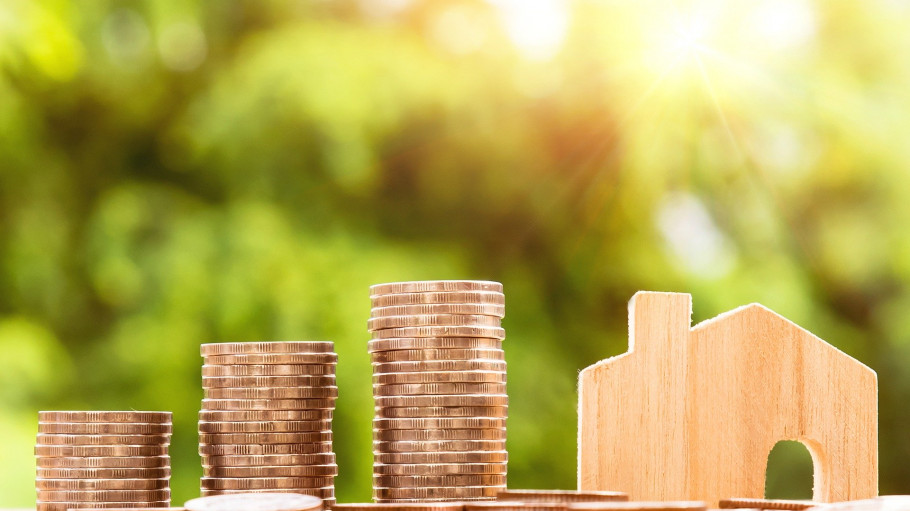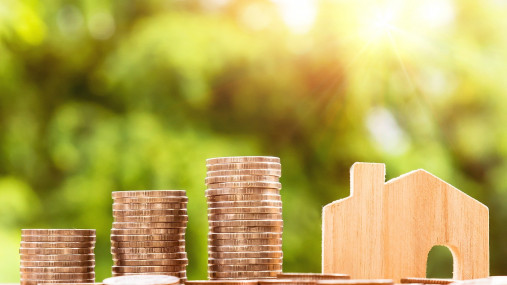
Publications » Position papers » The new circular economy roadmap – summary and priorities
The new circular economy roadmap – summary and priorities
Downloads and links
Recent updates

Steel plays a vital role as an enabler for transitioning to a CO2 neutral and circular economy. The fact that steel maintains its inherent properties, through multiple recycling loops, means it remains permanently available to the society. However, there are still some aspects of policy that fail to recognise and limit our contribution to a more circular economy. The main issues and proposed solutions are summarised below and further detailed in the attached paper sent to the open feedback consultation by the EU Commission.
These are the main areas covered in this position paper:

Download this publication or visit associated links
Joint Industry Statement
Brussels, 11 February 2026 - The European Steel Association (EUROFER) has backed a call to action adopted by European companies and industries in Antwerp today, which includes a demand on the EU to take urgent action to bring electricity prices down as a condition for Europe’s industrial drive, competitiveness and economic resilience.
The automotive value chain is of vital importance to the EU steel industry and requires an integrated approach to realising the decarbonisation transition in a pragmatic way.